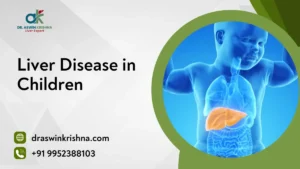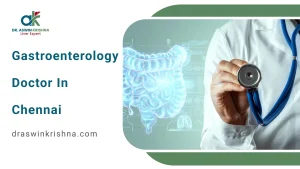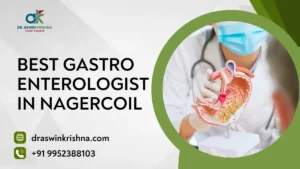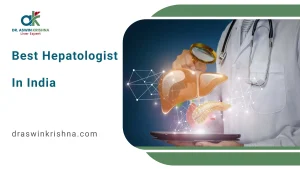When embarking on a journey toward better health, it’s common to wonder if your body is improving. The liver, one of the most vital organs, tirelessly detoxifies your body, metabolizes nutrients, and supports overall well-being. Understanding signs your liver is healing provides reassurance and helps you stay committed to a healthier lifestyle. Dr. Aswin Krishna highlights the importance of recognizing these indicators to measure progress and maintain a positive outlook.
The Incredible Regenerative Power of the Liver
The liver is unique in its ability to regenerate. This means that even after significant damage, the liver can repair itself with proper care and lifestyle changes. Recognizing the signs your liver is healing helps you appreciate its remarkable capabilities and encourages you to adopt practices that support recovery.
Key Signs Your Liver Is Healing
- Improved Energy Levels: As the liver heals, its efficiency in detoxifying the body improves, leading to increased energy. Fatigue linked to liver damage diminishes over time.
- Better Digestion: The liver produces bile, essential for digestion. A healthy liver enhances digestion, reduces bloating, and promotes regular bowel movements.
- Clearer Skin: Skin issues often indicate toxin buildup. A healing liver eliminates toxins more effectively, resulting in fewer breakouts and a natural glow.
- Stable Weight: The liver regulates fat metabolism. Stable weight is a strong indicator that the liver is functioning optimally.
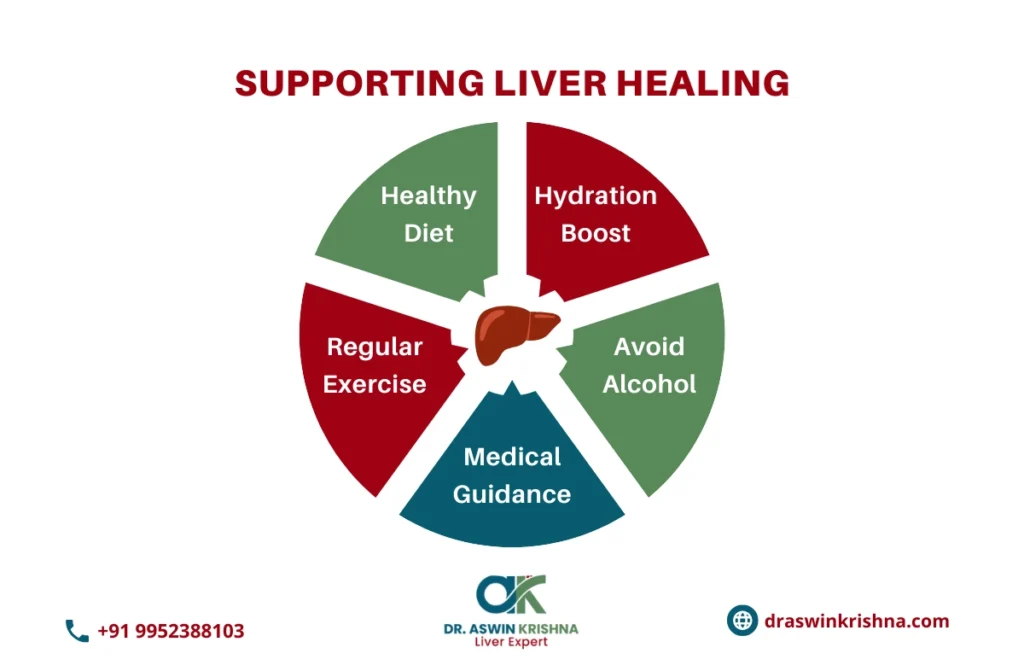
Understanding the Causes of Liver Damage
To fully appreciate the signs your liver is healing, it is essential to understand what causes liver damage. Dr. Aswin Krishna emphasizes the following common culprits:
- Excessive Alcohol Consumption: Overconsumption of alcohol overwhelms the liver’s detoxifying abilities, leading to fatty liver, hepatitis, or cirrhosis.
- Unhealthy Diet: Diets high in sugar, fats, and processed foods strain the liver.
- Toxins and Medications: Certain medications and chemical exposures can harm liver cells.
- Chronic Conditions: Conditions like hepatitis B or C and obesity are major risk factors for liver damage.
By addressing these causes, you can prevent damage and create the conditions necessary for your liver to heal.
Warning Signs of Liver Damage
Before exploring what are the signs your liver is healing, it’s important to recognize symptoms of liver damage. These warning signs include:
- Jaundice: Yellowing of the skin and eyes indicates liver dysfunction.
- Abdominal Pain and Swelling: Pain or bloating in the upper right abdomen may signal liver issues.
- Dark Urine and Pale Stools: These changes often point to liver problems.
- Chronic Fatigue: Persistent tiredness can be a sign of liver trouble.
If you experience these symptoms, seek medical advice promptly to initiate a recovery plan.
What Are the Signs Your Liver Is Healing?
Healing is a gradual process, and recognizing the subtle indicators can be reassuring. Dr. Aswin Krishna highlights these key signs:
- Reduced Inflammation: A decrease in abdominal swelling suggests liver recovery.
- Improved Appetite: A damaged liver often suppresses hunger, but healing restores normal appetite.
- Normal Blood Test Results: Stable enzyme levels in liver function tests confirm recovery.
These signs demonstrate that your liver is regenerating and regaining its ability to perform critical functions.
8 Signs Your Liver Is Healing
Dr. Aswin Krishna identifies eight specific signs that indicate liver healing:
- Increased Energy: With reduced toxin levels, your body feels revitalized.
- Clearer Skin: The liver’s improved ability to remove toxins enhances skin health.
- Stable Digestion: Regular bowel movements and less bloating signal liver recovery.
- Enhanced Mental Clarity: Lower toxin levels improve focus and memory.
- Reduced Aches and Pains: Muscle and joint discomfort linked to liver damage decrease.
- Balanced Weight: Consistent weight is a sign of restored metabolic stability.
- Better Sleep: Reduced nighttime discomfort indicates a healthier liver.
- Strengthened Immunity: Improved liver function boosts the immune system, making you less prone to illness.
By tracking these 8 signs your liver is healing, you can measure your progress and stay motivated.
Signs Your Liver Is Healing From Alcohol
Excessive alcohol consumption is a leading cause of liver damage. However, with the right steps, recovery is possible. Here are the signs your liver is healing from alcohol:
- Lower Inflammation Levels: Reduced swelling and tenderness in the abdomen are early indicators.
- Improved Enzyme Levels: Blood tests showing reduced ALT and AST enzymes confirm liver healing.
- Increased Energy: A detoxified body operates more efficiently, leaving you feeling rejuvenated.
- Normal Skin Tone: Jaundice fades as liver health improves.
Recognizing these signs can help you remain committed to sobriety and recovery.
How Much Alcohol Can Cause Liver Damage?
Dr. Aswin Krishna emphasizes that the threshold for damage varies by individual. Regular consumption of more than 2-3 drinks daily for men or 1-2 drinks for women increases the risk. Even occasional binge drinking can harm the liver. Reducing alcohol intake and watching for signs your liver is healing from alcohol is crucial for long-term health.
How Long Does It Take the Liver to Heal From Alcoholism?
Liver recovery time depends on the extent of damage and adherence to a healthy lifestyle. Mild damage, such as fatty liver, may begin healing within weeks of quitting alcohol. More severe conditions like cirrhosis can take months or years to improve. Consistency is key—pay attention to what are the signs your liver is healing from alcohol to track progress.
Does Your Liver Hurt When It’s Healing?
Dr. Aswin Krishna notes that while healing generally doesn’t cause pain, mild discomfort may occur due to inflammation. This discomfort is usually temporary and subsides as recovery progresses. If pain persists, consult a healthcare professional to rule out complications.
Supporting Liver Healing
To enhance liver recovery, Dr. Aswin Krishna recommends the following:
- Balanced Diet: Focus on whole foods rich in nutrients.
- Regular Exercise: Physical activity supports liver function.
- Hydration: Drinking plenty of water helps flush toxins.
- Avoid Alcohol: Eliminating alcohol is essential for recovery.
- Monitor Medications: Use only necessary medications and consult a doctor about potential liver effects.
By adopting these habits, you can amplify the signs your liver is healing and improve overall health.
Conclusion
Understanding the signs your liver is healing is a powerful step in your health journey. With guidance from experts like Dr. Aswin Krishna, you can take meaningful actions to support liver recovery and overall well-being. Whether it’s improved digestion, clearer skin, or more energy, these signs are proof that healing is possible.
